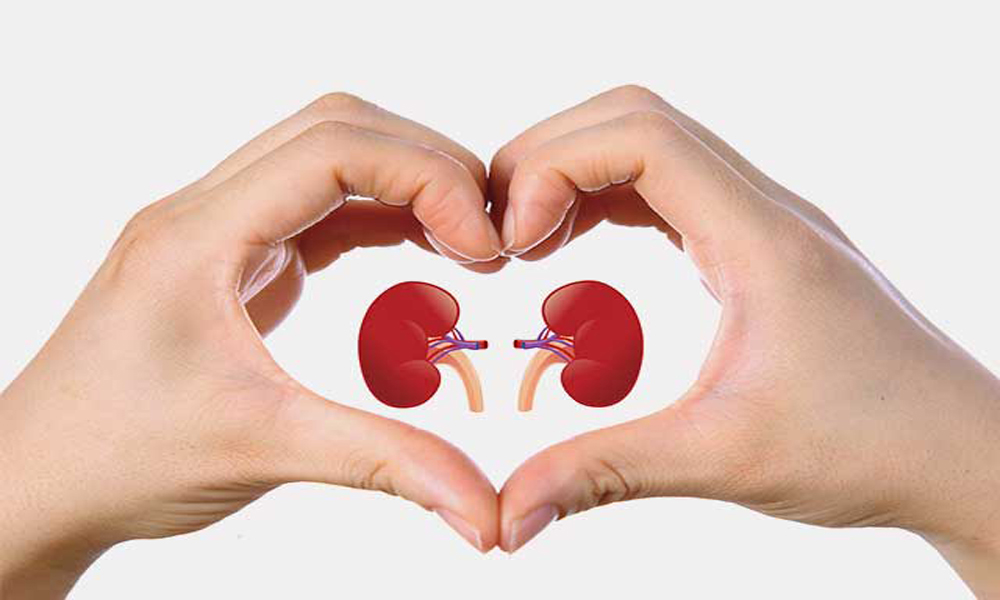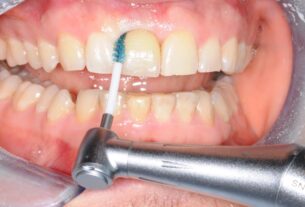Living in the modern world should actually be a blessing but the truth is, the modern world has taken tolls on many things that were not supposed to be in the past. While it is true that the modern world promises better tasty food and promotes convenience, it also comes with the bad side of unhealthy food and bad nutritional value. Modern days have also made more diseases in the past become curable, yet metabolic diseases such as hypertension and diabetes has been steadily increasing as years goes by. Metabolic diseases have become a common sight to people living in this modern world. This could be blamed for the unhealthy eating habits and sedentary lifestyle. Drugs such as Exforge 5/80 mg is used to help treat this condition.
Hypertension is a disease characterised by high blood pressure. In order to diagnose a person with hypertension, according to the World Health Organization (WHO), is to measure blood pressure on two different days. A person is diagnosed with hypertension when the systolic blood pressure on both days equal to or greater than 140 mmHg and/or diastolic blood pressure on both days equal to or greater than 90 mmHg. Systolic blood pressure can be seen as the first number and diastolic blood pressure as the second number on the blood pressure taking device or monitor. For example, a person with blood pressure of 145/90 mmHg measured on two different days can be diagnosed as hypertension as the number 145 indicates the systolic blood pressure more than 140 mmHg and the number 90 is equal to 90 mmHg which means is as according to the WHO diagnosing criteria.
Hypertension is much more than just high blood pressure. It is also known as a silent killer. This is because a person with hypertension often does not realise that they have the condition since there are no symptoms to begin with. Unfortunately, patients will only know they do have hypertension when they already face complications such as heart disease or brain stroke. Thus, it is important for people diagnosed with hypertension or are at risk for it to avoid such an event by taking antihypertensive drugs or medical advice from doctors. There are many antihypertensive drugs used to treat patients such as Exforge.
Since antihypertensive drugs are usually taken everyday and almost for the rest of the patient’s life, patients might wonder if it is safe for the kidney. Before answering that, we have to know what exactly is inside Exforge. Exforge contains amlodipine and valsartan as its active ingredients. Amlodipine belongs to the drug class of calcium channel blocker (CCB) and valsartan belongs to the drug class of angiotensin receptor blocker (ARB). CCB works by preventing movement of calcium into cells of the heart and blood vessels which will cause relaxation of blood vessels. ARB works by blocking the effect of angiotensin II hormone. This hormone in nature leads to constriction of blood vessels and ARB eventually blocks the action of the enzyme from acting on the blood vessels. Thus, ARB and CCB in Exforge work to cause the effect of relaxation of the blood vessels. The combination makes Exforge a good antihypertensive drug as reports show that combination of the two drugs class gives extra lowering effect on the blood pressure and is less likely to cause adverse side effects.
Back to our main question of is Exforge safe for kidney, it is not an easy answer because it entirely depends on the state of kidney. Valsartan has been shown to worsen kidney function in patients with bilateral renal artery stenosis (narrowing of 2 kidney’s arteries). Amlodipine on the other hand is not recommended to treat patients with hypertension with proteinuria (elevated protein in urine) as it can increase more episodes of proteinuria and not prevent renal disease progression. Exforge is not recommended or contradicted to be given for patients with severe renal impairment and undergoes dialysis. In rare cases, Exforge may cause rhabdomyolysis which is characterised by breakdown of muscle tissues. This may lead to kidney failure. Unfortunately, study on usage of Exforge on kidney is too little, making the decision of using Exforge on patients with kidney issues somewhat difficult. Thus, Exforge in patients with kidney problems should only be considered when there is close monitoring of the kidney function such as creatinine/urea test.
It can be concluded that Exforge is a good antihypertensive drug as it combines two different drug classes and it helps to make sure the blood pressure is well controlled. This also makes Exforge a convenient drug to take as it is already available in combination, making patients feel easier to take it on a daily basis. However, due to the fact that study and data on Exforge used in patients with kidney issues is too small, the decision to use Exforge for these patients needs to be considered thoroughly and close monitoring is needed.
Also read – Dengue Prevention.





